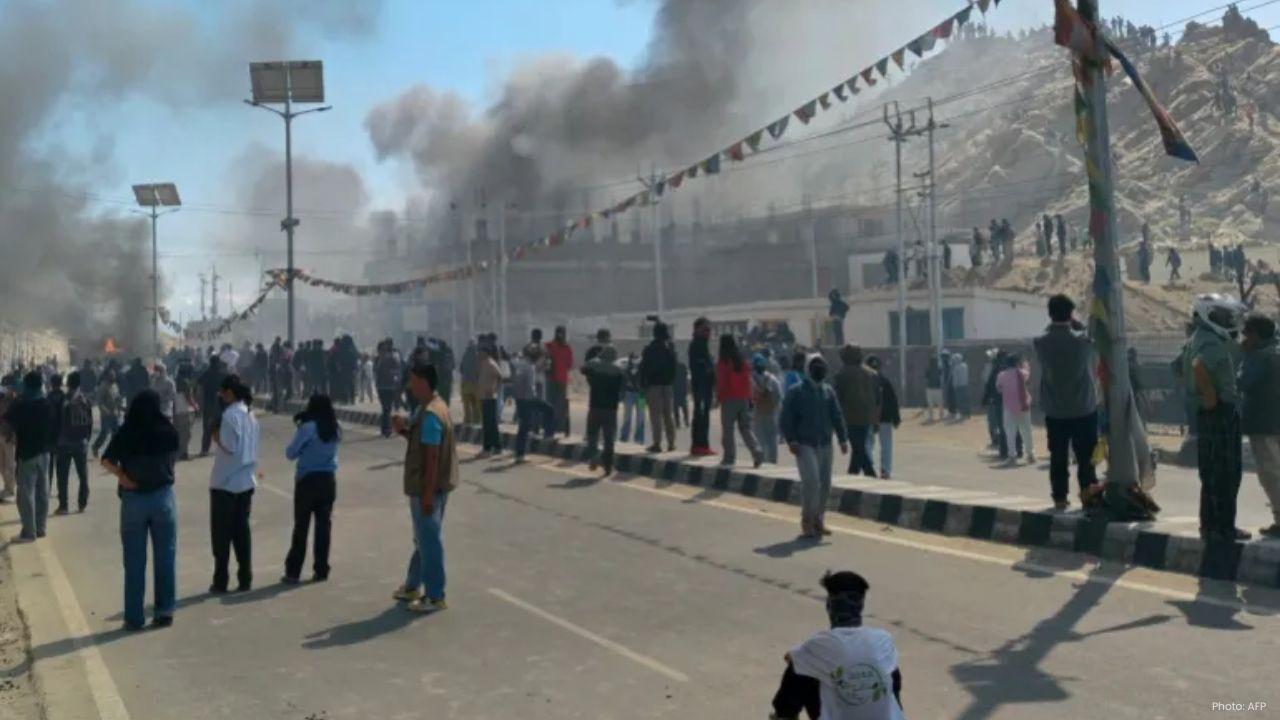
Post by : Mumtaaz Qadiri
Ladakh, a high-altitude region in the Himalayas, witnessed violent protests on Wednesday as youth set fire to the regional office of the ruling party in Leh. Demonstrators, including students, clashed with police, leaving at least four protesters dead and dozens injured. Security personnel were also hurt as authorities deployed additional forces to control the situation.
Background of Ladakh’s Protests
For the past six years, Ladakhis have carried out peaceful marches and hunger strikes demanding greater constitutional protections and the ability to elect a local government. These efforts intensified after the 2019 decision by the Indian government to remove the region’s autonomous status and separate Ladakh from Jammu and Kashmir. Protest leaders have long sought recognition under the Sixth Schedule to secure more administrative autonomy.
Trigger for Wednesday’s Violence
The immediate cause of the clashes was a hunger strike entering its 15th day, led by the Ladakh Apex Body, a coalition of political and socio-religious organizations. Two senior activists were hospitalized, prompting calls for a local shutdown. Frustrated by delayed government talks, groups of young protesters broke away from the strike site and confronted police and government offices, sparking violent confrontations.
Demands of Ladakhis
Ladakhis have been asking for statehood or constitutional safeguards under the Sixth Schedule, which grants regions with indigenous populations more autonomy. The 2019 decision left Ladakh federally governed without an elected legislature, unlike Jammu and Kashmir, where residents can still vote for local representatives. The youth are also frustrated by high unemployment and limited opportunities, which has intensified their anger.
Historical Context of Local Protests
Protests in Ladakh are not new. Hunger strikes and demonstrations have taken place since the removal of statehood. Martyrs’ Memorial Park in Leh has been the site of past protests, honoring residents who were killed while demanding rights and recognition. Wednesday’s events, however, mark the deadliest unrest in the region’s history.
Concerns Over Youth Unrest
Analysts warn that the impatience of young people in Ladakh could fuel further unrest. Many youth feel their future is at stake, as they face both unemployment and a lack of political representation. The anger reflects a broader frustration with promises that have not been fulfilled by the government over the last several years.
Strategic Importance of Ladakh
Ladakh holds strategic importance for India due to its location along the border with China. The region has been a flashpoint in past conflicts, including the 2020 clashes along the Line of Actual Control. Control over mountain passes, airfields, and supply routes makes the area vital for military operations, increasing the stakes for both internal and external stability.
Implications of the Crisis
The violent protests underline the growing internal challenges for India in addition to its border concerns. While the government has managed tensions with China diplomatically and militarily, the unrest in Ladakh highlights the risks of neglecting local political demands. Addressing youth unemployment and granting constitutional rights may be crucial to prevent further violence and instability in the region.
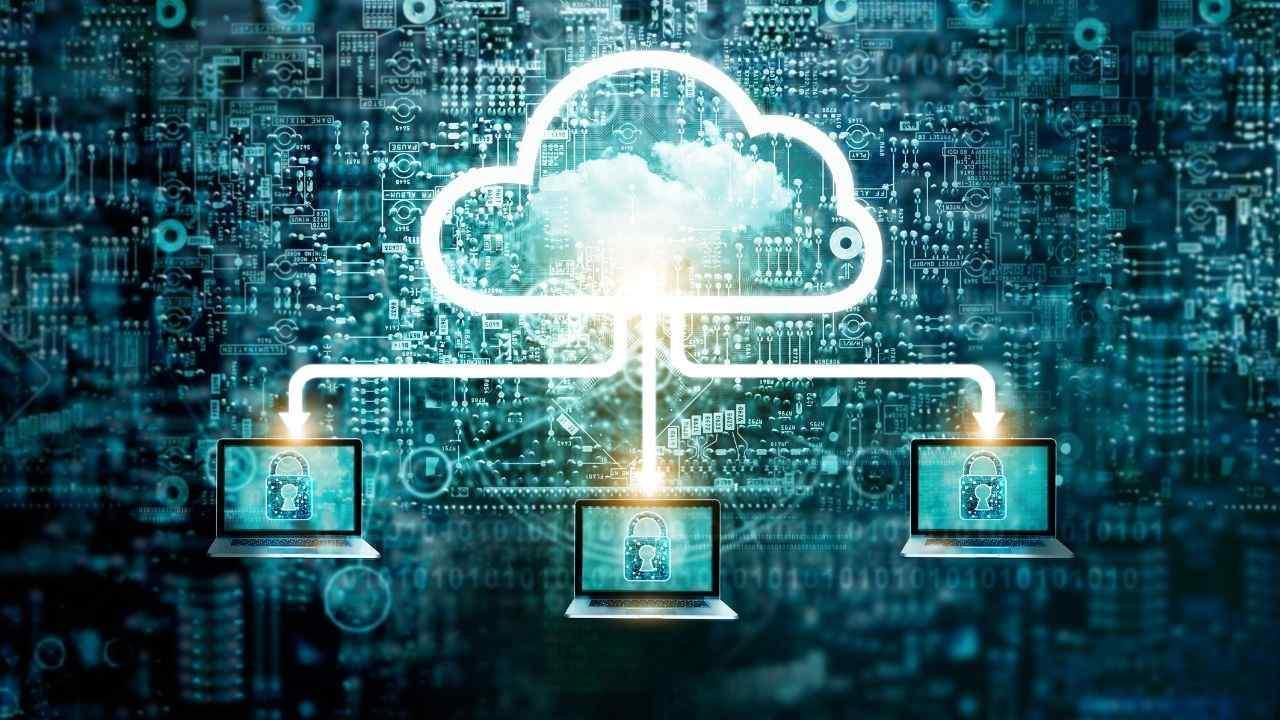
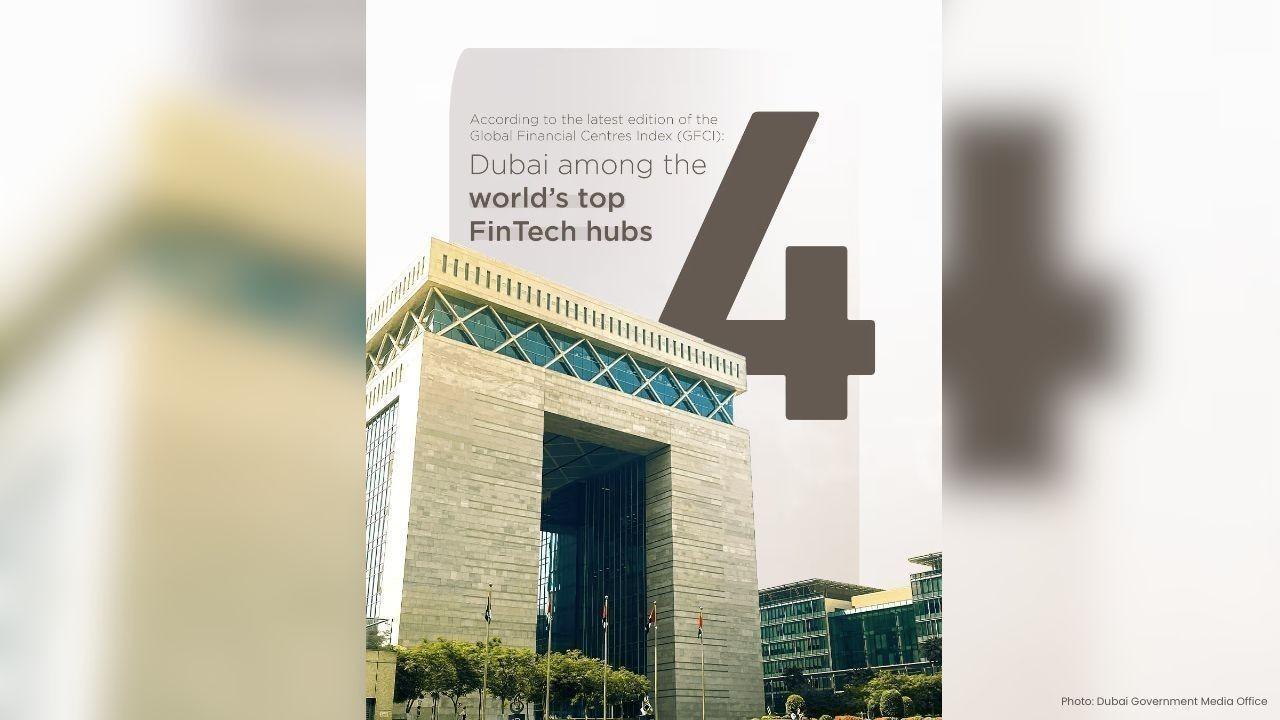
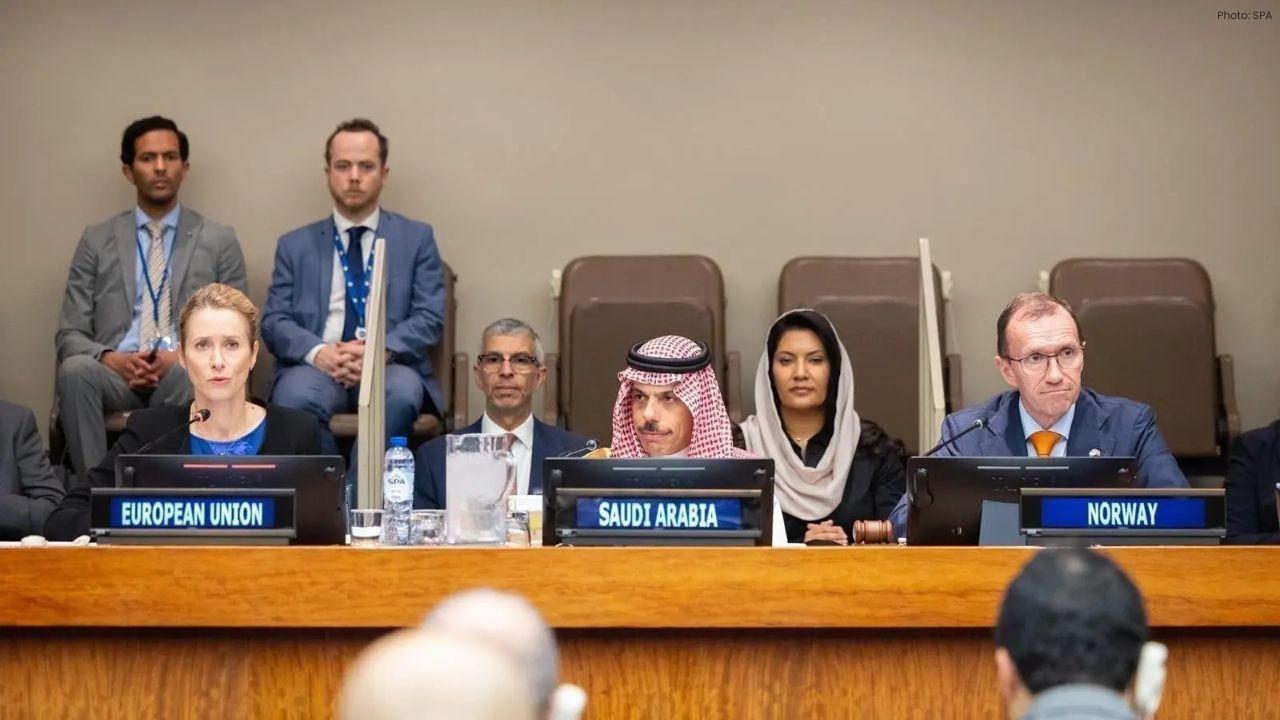

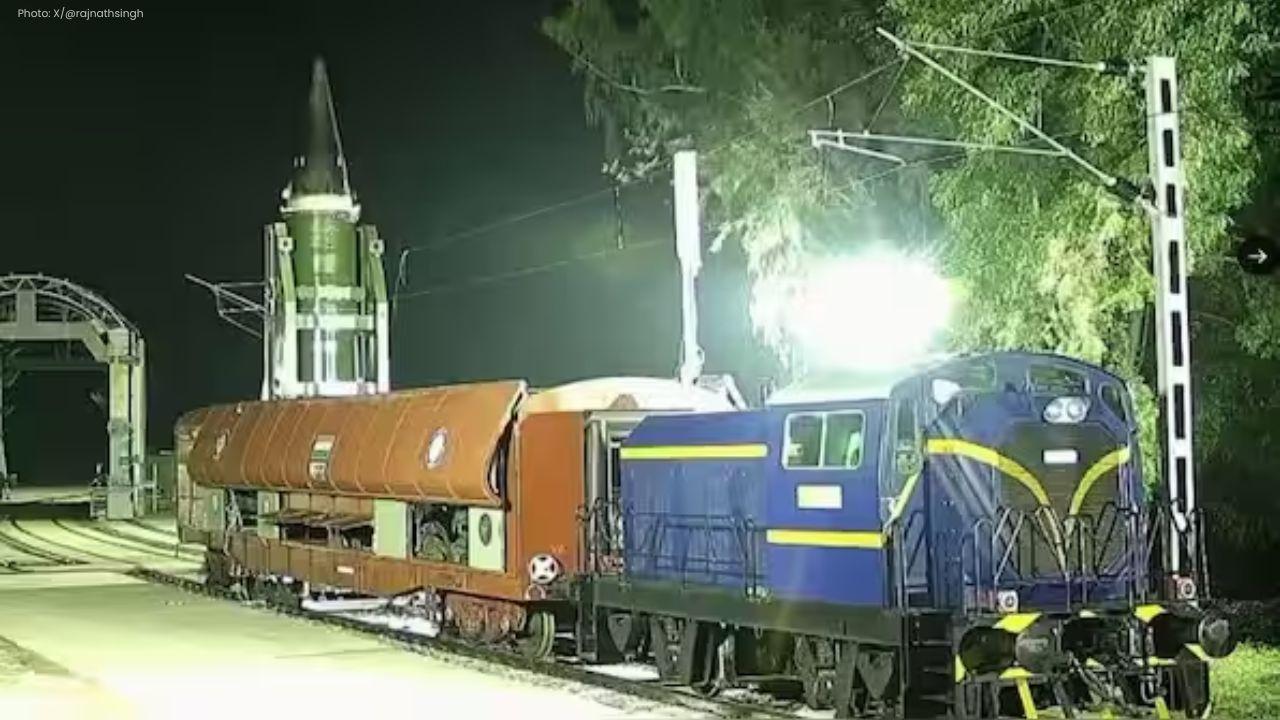
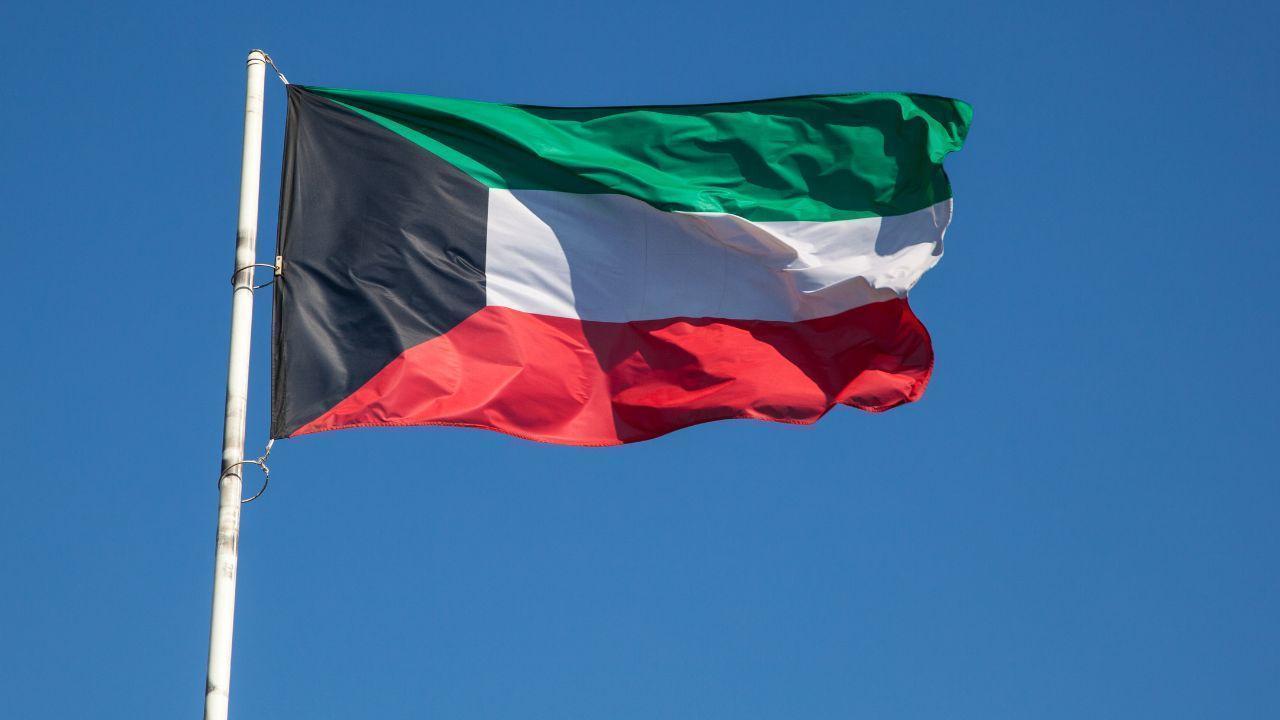




India Successfully Tests Agni-Prime Missile From Rail Launcher
India tests advanced Agni-Prime missile from rail-based mobile launcher, covering 2,000 km and showc

Karun Nair Dropped From Indian Test Squad Ahead Of West Indies
Karun Nair has been dropped from India’s Test team; Devdutt Padikkal replaces him as selectors focus
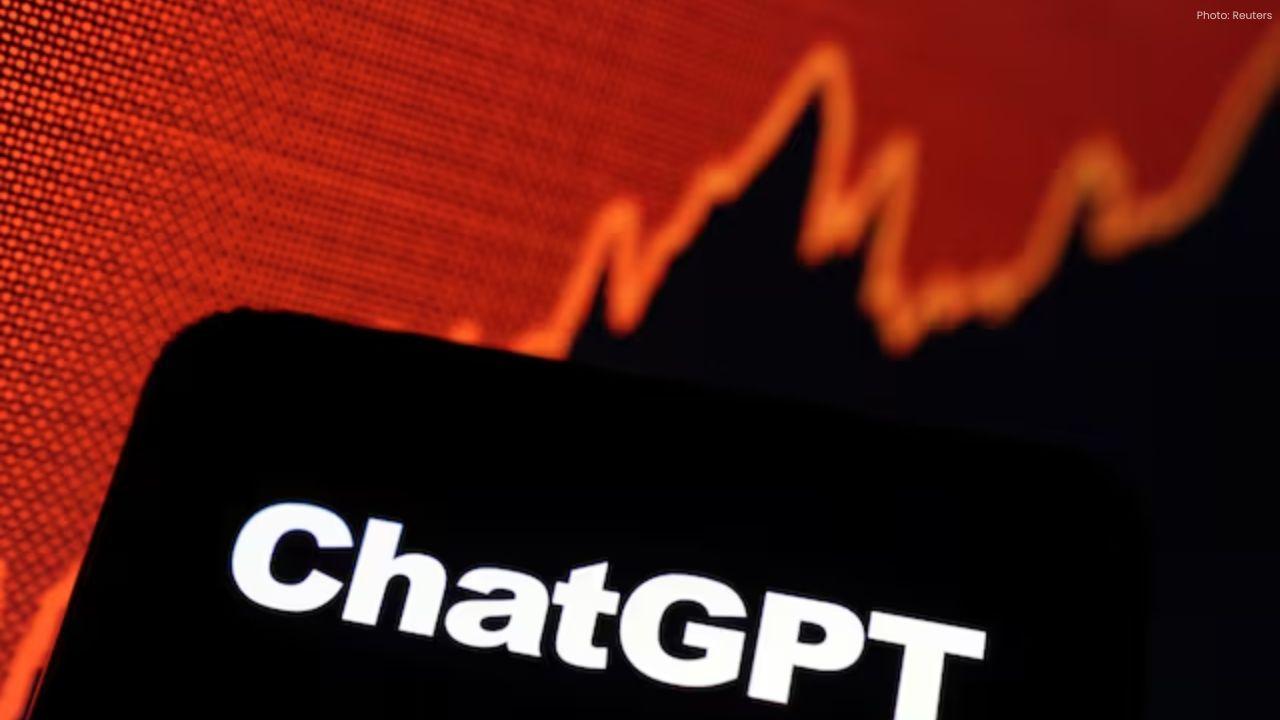
AI Tools Like ChatGPT Transform the Future of Stock Investing
AI tools like ChatGPT are reshaping investing by making stock advice accessible to ordinary people.

Sniper Attack on US ICE Facility in Dallas Leaves 2 Dead
A sniper attacked a Dallas ICE facility, killing two detainees and injuring one, prompting an FBI in

Ladakh Protests Turn Deadly As Youth Clash With Police
Youth-led protests in Ladakh turned violent as residents demand statehood and constitutional rights
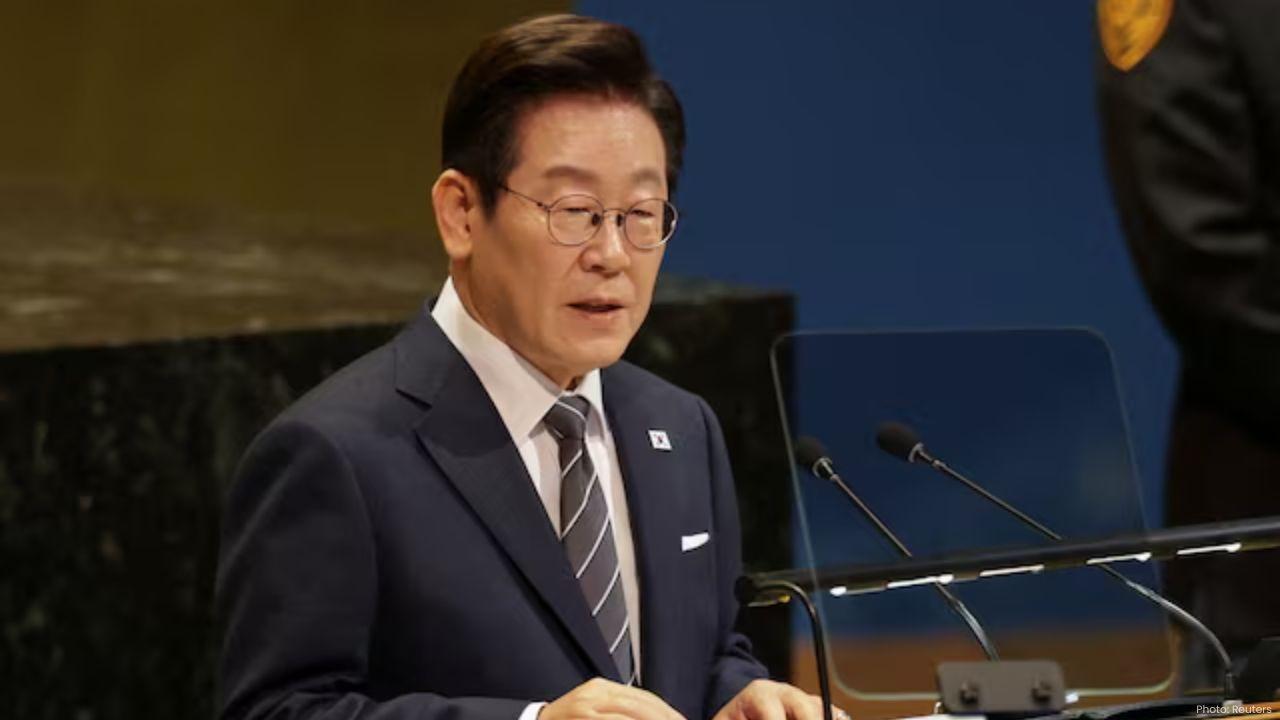
Korean Finance Minister Meets US Treasury On Trade Talks
Korean Finance Minister Koo Yun-cheol met US Treasury Secretary Scott Bessent to discuss trade, inve